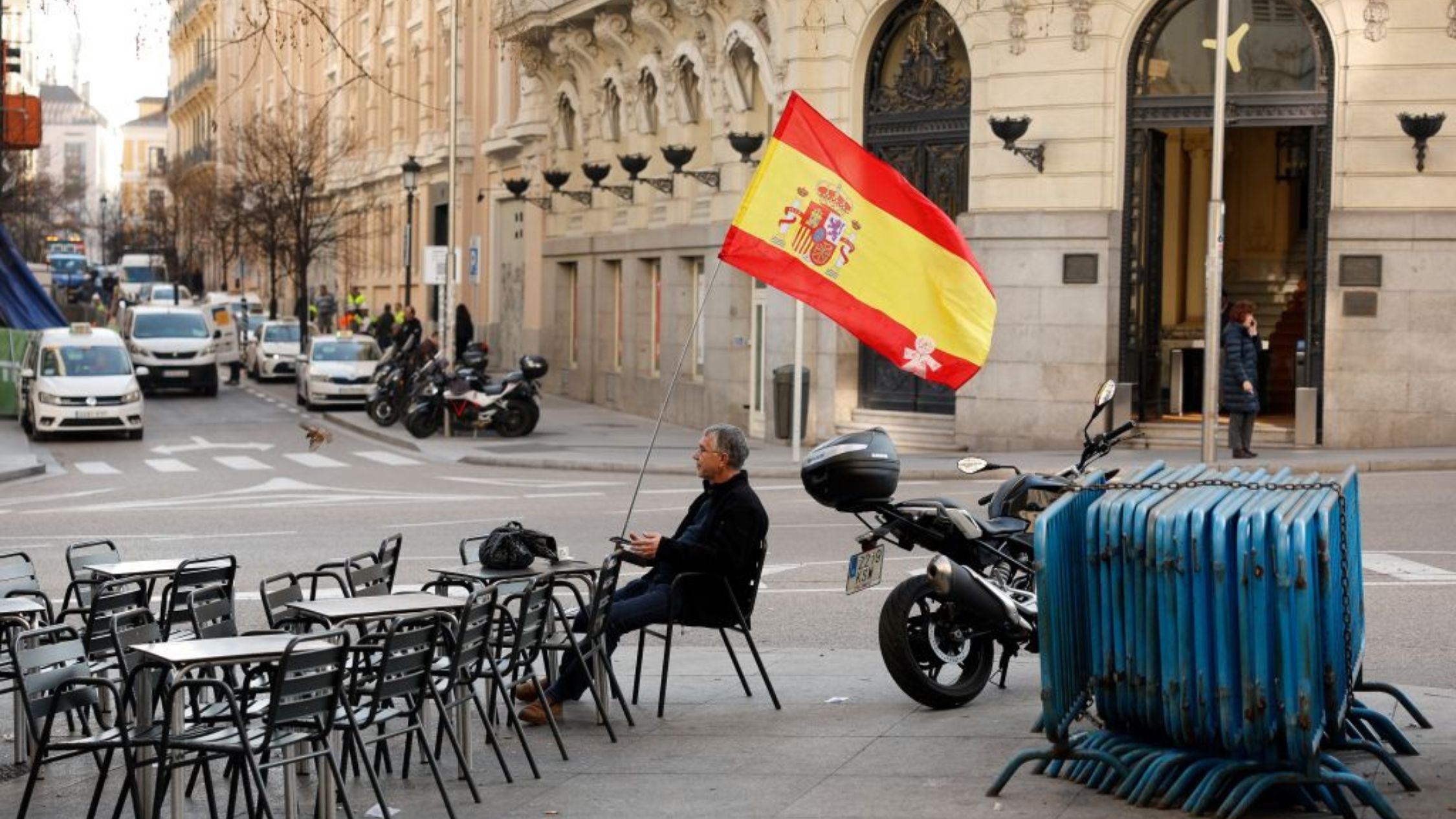The controversial Organic Amnesty Law for institutional, political, and social normalization in Catalonia has been approved in Spain. It passed with 177 votes in favor and 172 against and is set to come into force once it is published in the Official State Gazette (BOE). This legislative move aims to extinguish the responsibility of over 300 individuals involved in promoting Catalonia's independence process, including 73 police officers.
The law's primary objective is to grant amnesty for acts determining criminal, administrative, or accounting liability executed within the framework of the Catalan independence referendums held on November 9, 2014, and October 1, 2017. These actions include their preparation and consequences, provided they took place between November 1, 2011, and November 13, 2023. However, it excludes acts involving terrorism or personal enrichment through the misappropriation of public funds.
The law has fueled intense political debate and public protests, especially as it was seen as a strategy by the Spanish Socialist Workers Party (PSOE) to secure the support of Catalan parties ERC and JxCat for Pedro Sánchez’s investiture as president. Right-wing groups, particularly the Popular Party (PP), have vehemently opposed it. Madrid's regional president, Isabel Díaz Ayuso, has vowed to appeal the new law before the Constitutional Court.
Prominent beneficiaries of the amnesty include Carles Puigdemont, the former Catalan president who fled Spain after the 2017 independence declaration. The amnesty law stipulates that precautionary measures against Catalan independence leaders must be lifted immediately once the law is in force, which could allow Puigdemont to return to Spain without the threat of arrest despite outstanding European arrest warrants against him.
Implementation of the amnesty law is not expected to be straightforward. Spanish judges will have two months to review each case and determine whether to annul ongoing procedures against those prosecuted or convicted. Legal experts suggest that judicial bodies might challenge the law’s compatibility with European Union law or Spain's constitution, potentially delaying its enforcement. Appeals before the Constitutional Court and the Court of Justice of the European Union could suspend the law's application.
Political analysts have noted that the passage of the amnesty law may not lead to immediate political stabilization. The legislation has deepened divisions within Spain's political landscape, evidenced by the heated parliamentary sessions and protests outside the PSOE headquarters. The PP has labeled the law as an act of 'political corruption' and called for early elections to resolve what they describe as an electoral fraud by the government.
Meanwhile, pro-independence parties like Junts per Catalunya and Esquerra Republicana de Catalunya view the amnesty as a victory but remain cautious. They argue that the law is a step towards rectifying injustices against the Catalan independence movement but emphasize that it does not address the underlying political question of Catalonia’s status. Esquerra’s spokesperson, Gabriel Rufián, has suggested that the next step would be a referendum on Catalonia’s independence.
- Despite the approval of the amnesty law, the political scenario in Catalonia remains uncertain. The Socialist Party won the most votes in the recent regional elections but has yet to secure enough support to form a government. Carles Puigdemont, the leading pro-independence candidate, faces slim chances of becoming president due to a lack of majority support from separatist parties.
- The debate around the amnesty law is far from over. Multiple legal challenges are expected, with opposition parties and regional governments aligned with the PP prepared to contest the law’s constitutionality. The Spanish judiciary's interpretation and the reactions from European legal bodies will play crucial roles in determining the law's future impact.
- This law marks a significant political maneuver by Pedro Sánchez's administration, reflecting the complexities and depth of the Catalonian independence issue in Spanish politics. The outcome of these legal and political processes will have lasting implications for Spain’s political landscape and the ongoing debate over Catalonia’s autonomy.






